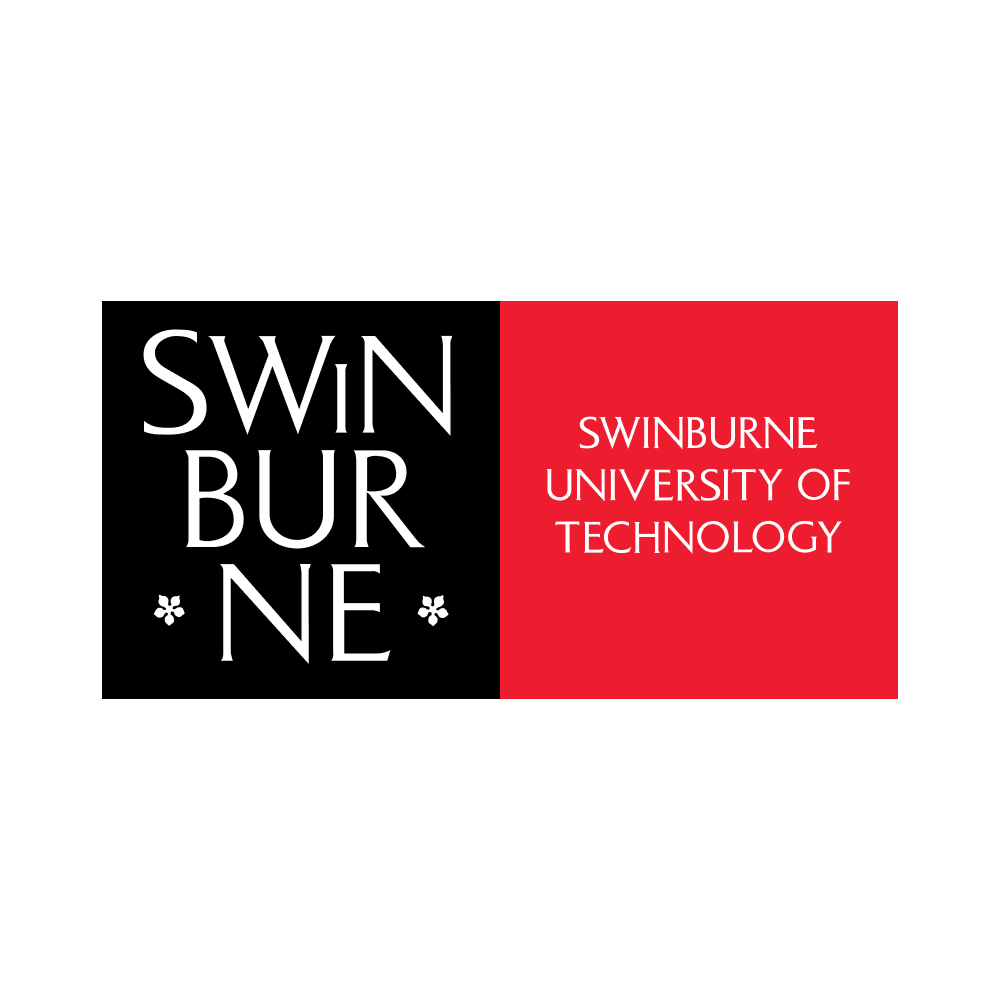Swinburne University of Technology
Graduate Certificate of Cyber Security
- Delivery: Face to Face
- Study Level: Postgraduate
- Duration: 12 months
- Course Type: Graduate Certificate
Equips professionals with cutting-edge skills in threat detection, risk management and digital defence, preparing them to safeguard organisations in an increasingly complex cyber landscape.

Course overview
The Graduate Certificate in Cyber Security has been designed for students who wish to deepen their knowledge of computer science and cybersecurity by focusing on identifying, demonstrating, and diagnosing flaws in software systems, such as web applications and internet-based services.
This course will build on a student’s cognate undergraduate STEM-based qualifications or relevant industry experience. Key features of this course include industry-supported project-based learning with close alignment to practice in the anti-virus, penetration testing and web security industries.
CSP Subsidised Fees Available
This program has a limited quota of Commonwealth Supported Places (CSP). The indicative CSP price is calculated based on first year fees for EFT. The actual fee may vary if there are choices in electives or majors.
Key facts
What you will study
To qualify for the Graduate Certificate of Cybersecurity, students must complete eight units or 100 credit points.
Core units
- Creating Web Applications
- Technology Inquiry Project
- Technology Design Project
- Internet Security
- Cyber-Ethics
- Operating System Management
- Network Administration
- Networks and Switching
Entry requirements
Applicants are required to have one of the following:
- A Bachelor's degree in a STEM (Science, Technology, Engineering or Mathematics) discipline.
- A non-STEM Bachelor's degree, plus three years of industry experience in web development, cybersecurity, software development or related fields.
- A non-STEM Bachelor's degree, plus a Certificate IV or higher in a cybersecurity-related field.
Relevant industry experience and evidence of academic capability will be determined by the Head of Academic Unit (or delegate) regarding School-determined guiding principles. Applicants must submit a curriculum vitae (CV) with their application.
Documents substantiating relevant experience are required, clearly detailing roles and duration and evidence of formal and non-formal learning. Where relevant experience is used as the basis of admission, no further recognition for prior learning/credit can be granted. Meeting the minimum entry requirements for the course does not guarantee a place offer. See Admissions at Swinburne for general information about the admission process.
English language requirements
All Swinburne students must be able to meet the English language requirements. You’ll be able to provide evidence of your English language skills if you have one of the following:
- Completed the Victorian Certificate of Education (VCE) or another type of secondary qualification taught in English.
- Completed some types of university or vocational education studies (tertiary studies).
- Completed English language tests, such as TOEFL, IELTS, Pearson or C1.
- Completed an English language (ELICOS) course.
- Lived and worked in an English-speaking country for at least four years (domestic applicants only).
These requirements vary for prospective undergraduate and postgraduate students, depending on your chosen course.
Recognition of Prior Learning
If you have gained extensive and relevant knowledge through formal training or acquired relevant skills through work or through life experience, you may be eligible for recognition of prior learning (RPL).
Contact the university or visit their website for more information.
Outcomes
Learning outcomes
On successful completion of this course students will be able to:
- Apply a broad and coherent understanding of the concepts and practices within the field of cyber security as an effective member of diverse teams in a professional context
- Identify cyber security threats and apply appropriate tools and techniques to classify those threats
- Analyse cyber security scenarios, evaluate the existing knowledge base and propose solutions
- Apply relevant knowledge and skills to implement a Cyber security project with industry relevance
- Communicate information proficiently to technical and non-technical audiences
- Take responsibility for their own learning and manage their own time and processes effectively, both individually and as an effective member of diverse teams
Career outcomes
- The skills attained from the program should assist graduates in gaining employment in the anti-virus, penetration testing and web security industries.
Fees and CSP
Estimated yearly and total fee in 2026: $9,537 (Commonwealth Supported Place)
Estimated yearly and total fee in 2026: $37,090 (domestic full-fee paying place)
The student tuition fees as published are subject to change based on individual circumstances at the time of enrolment. These fees apply to units studied in 2026 only and may change for units studied in future years. If part-time study is permitted, annual fees will be proportionally lower based on the number of units taken per semester.
Student fees may vary in accordance with:
- The number of units studied per term.
- The choice of major or specialisation.
- Choice of units.
- Credit from previous study or work experience.
- Eligibility for government-funded loans.
You may also need to pay the student services and amenities fee.
Student fees shown are subject to change. Contact the university directly to confirm.
Commonwealth Supported Places
The Australian Government allocates a certain number of CSPs to the universities each year, which are then distributed to students based on merit.
If you're a Commonwealth Supported Student (CSS), you'll only need to pay a portion of your tuition fees. This is known as the student contribution amount – the balance once the government subsidy is applied. This means your costs are much lower.
Limited CSP spaces are offered to students enrolled in selected postgraduate courses.
Your student contribution amount is:
- Calculated per the unit you're enrolled in.
- Dependent on the study areas they relate to.
- Reviewed and adjusted each year.
HECS-HELP loans are available to CSP students to pay the student contribution amount.
FEE-HELP loans are available to assist eligible full-fee paying domestic students with the cost of a university course.








